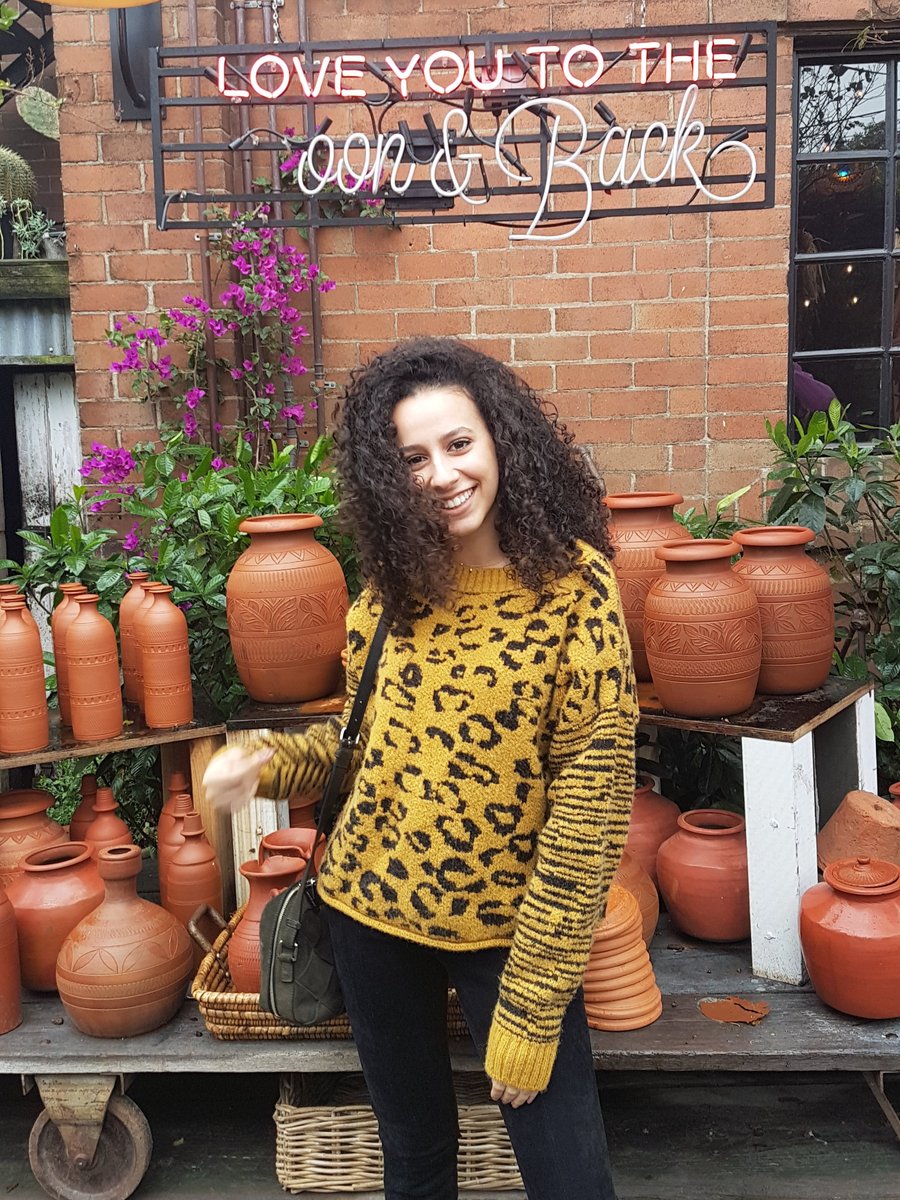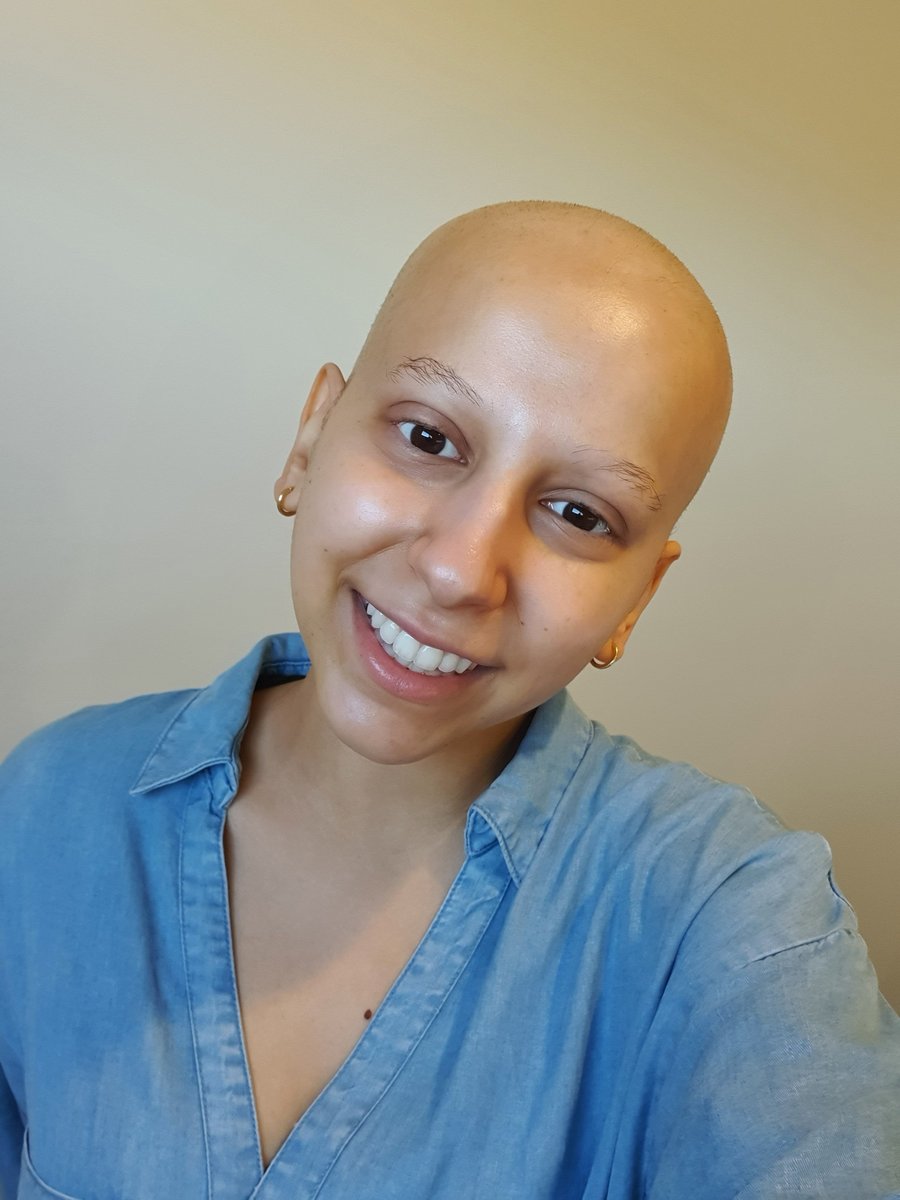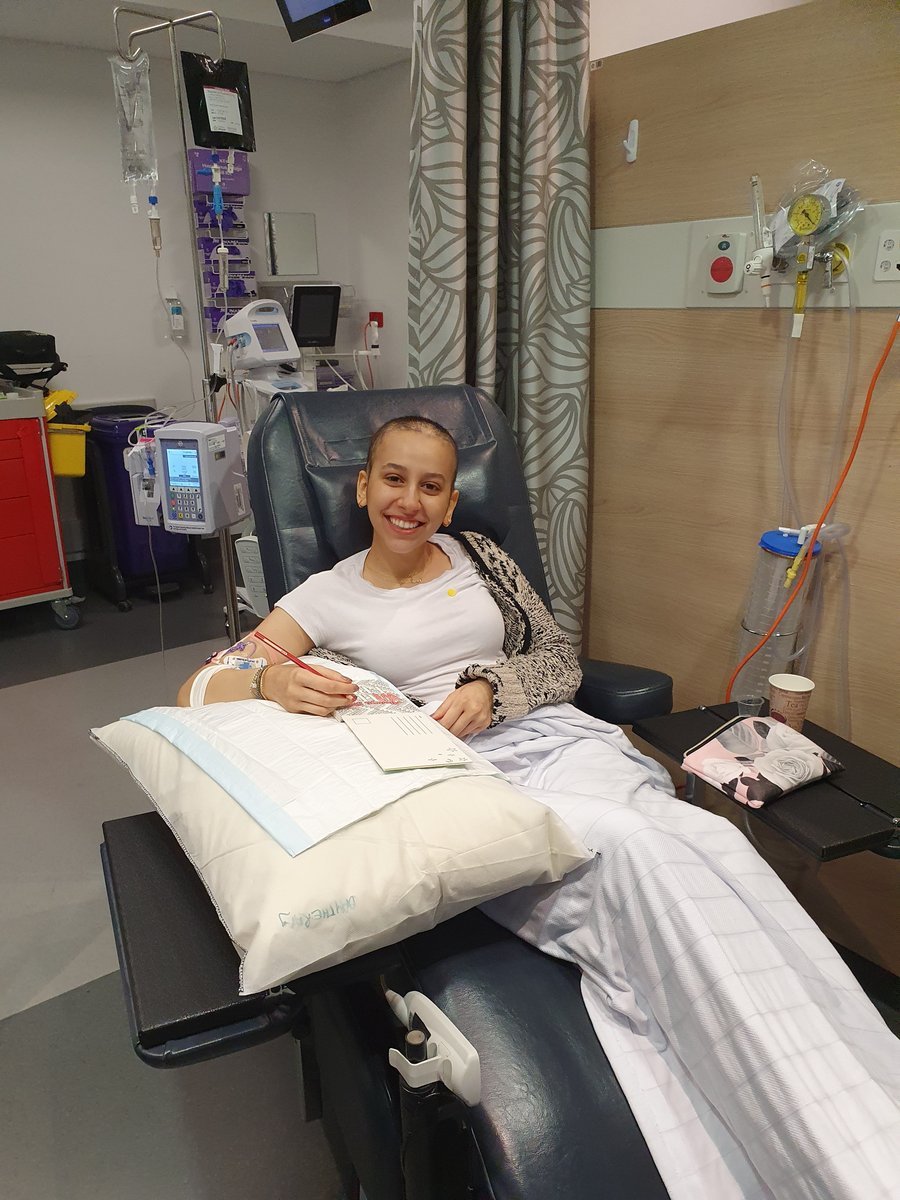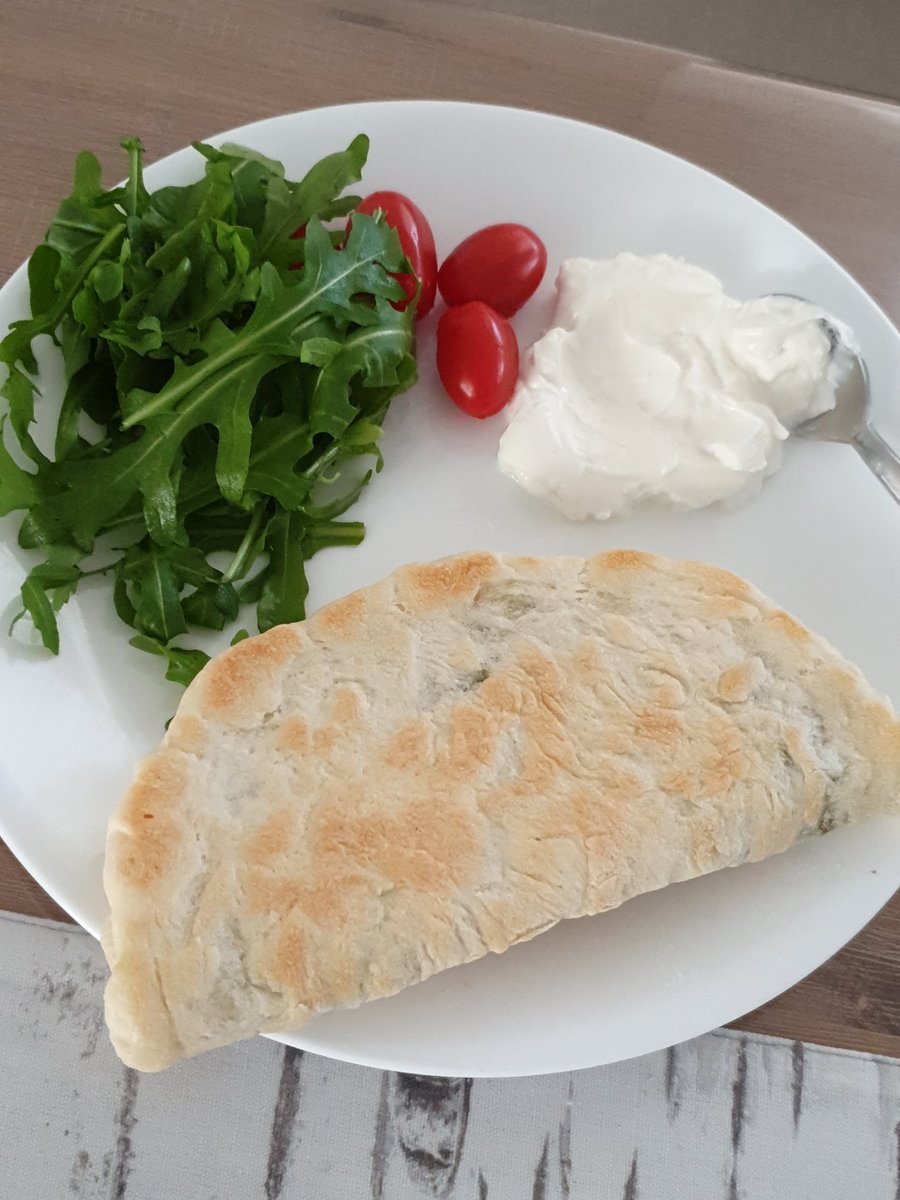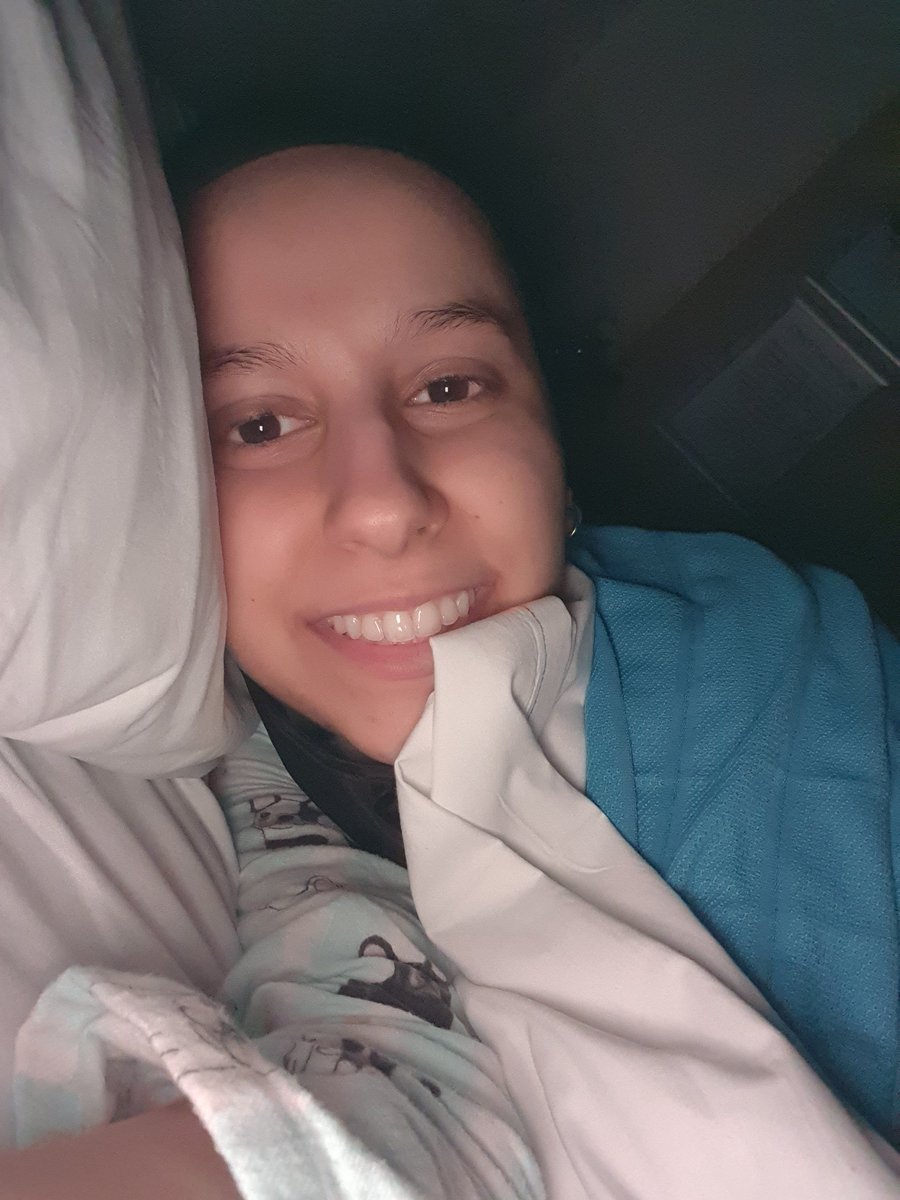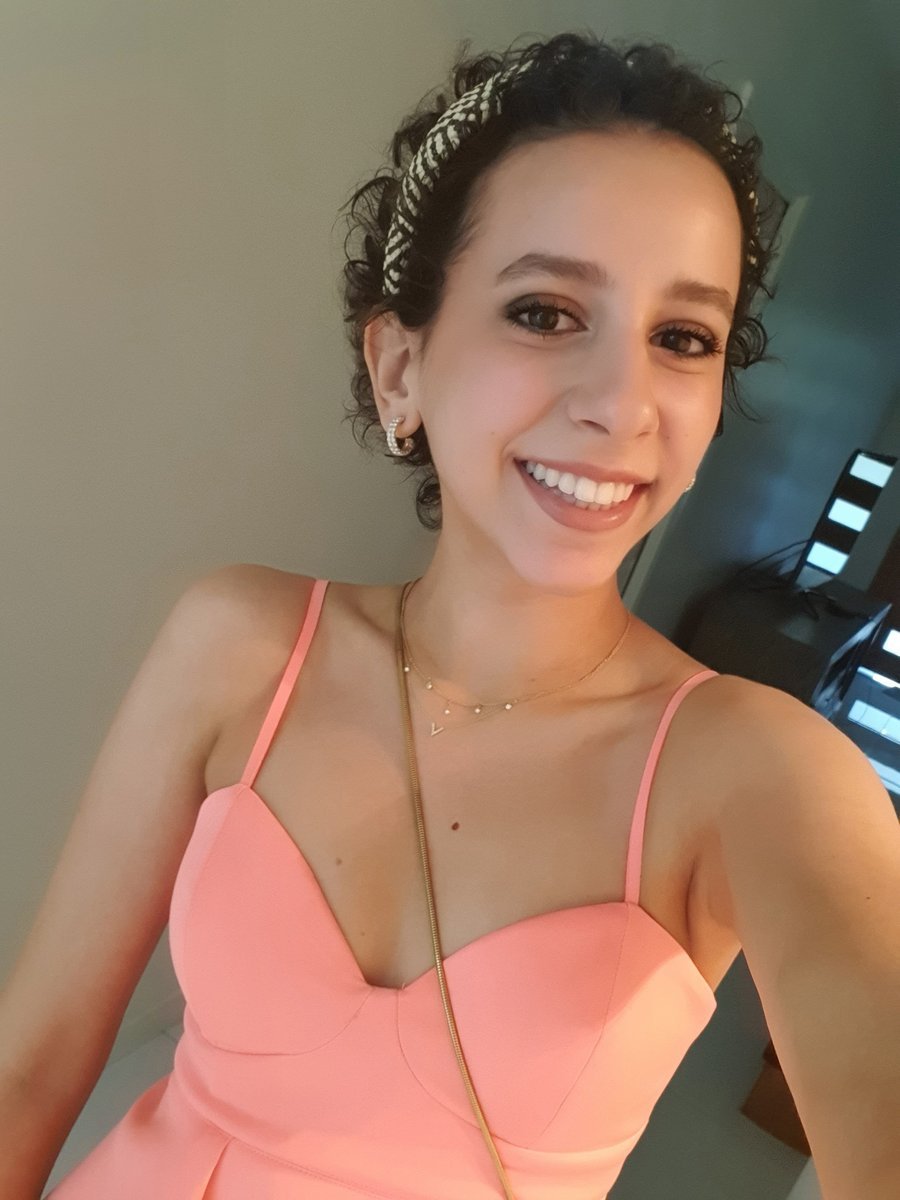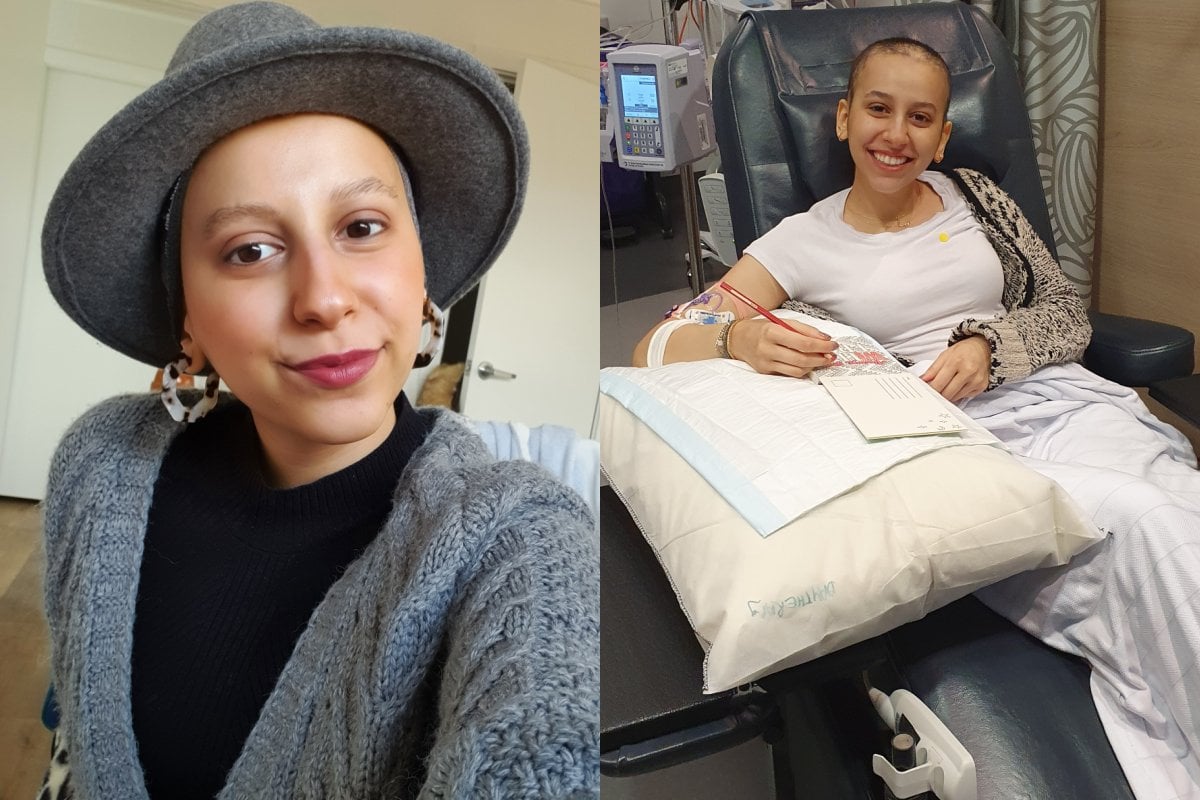
Lea Chaybane is an international student from Lebanon. She's been living in Sydney for the past four years studying for her bachelor's degree in science, followed by a master's in teaching.
In February 2020, a month before the world changed for the better part of two years, her own life changed dramatically: Lea was diagnosed with stage four Hodgkin's lymphoma. She was 21.
"Before being diagnosed, I was having fevers almost every day for three weeks," Lea previously told Mamamia.
"I went to the GP and we tried going on antibiotics first because everything was okay - I didn't have a sore throat. But every day in the afternoon, I'd spike in temperature," she explained.
Watch: Lea's story. Post continues after video.
After going for a blood test, the GP sent Lea to the hospital for a PET scan which confirmed cancer. It was advanced and had spread to her liver, spleen, lungs, neck and bones.
"I think that was the scariest part because I wasn't expecting it," she said.
A week later, Lea started chemotherapy.


